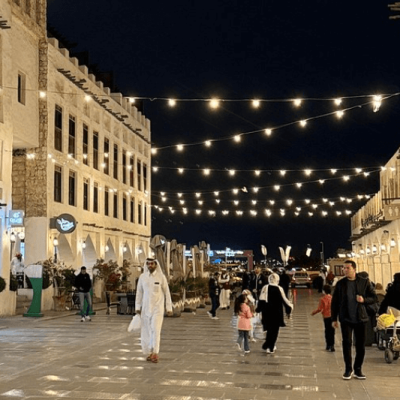Afghanistan women: A country but no sense of belonging

On Wednesday, Amnesty International exposed how Qatar expelled migrant workers from the country using corona crisis as an excuse. The twenty detainees, interviewed by the organisation said that they were taken by police officials, some from their labour camps while some from market on the pretext of getting their testing done for Covid-19.
One of the Nepalis told the London-based rights group, “The jail was full of people. We were given one piece of bread each day, which was not enough. All the people were fed in a group, with food lying on plastic on the floor.”
Qatar, which is infamous for its inhumane treatment of labour workers living in cramped labour camps, has made little n, a shadow that will depart when no one knows. The biggest dread has been bought upon the Afghani women who will lose at the worst extreme possibility. And they know it. Years of searching for opportunity to merge into the outside world, thousands of women who were living in shelter are now living a life of uncertainty.
Zari (name changed) and four other women, who have no families to go back to, have been living in shelter for abused women in Kabul, just as many other women. The hope was that by learning new skills they would be able to transition well into the society and live a respectable, independent life outside. Its been eight years for them at the shelter, a discreet part of international community’s commitment to bolster Afghan women rights.
Now they are left at shelter as Taliban take over the country, bringing them to a confluence where there is no right way forward. The place is no more a shelter but a dangerous place like any other building in Afghanistan under the Taliban regime. “The (staff) curse us, they tell us, ‘Your life is in your own hands. You can go anywhere you want.’ I am scared. I don’t know where to go,” Zari shares.
Shelters which are a network of 30 facilities in Afghanistan have had to shut their doors since Taliban seized control. This means the women have been sent back home, often to their abusers or have been forced to move to secret locations. Just three of them are operating, but none is taking in new women.
This is just another example of gender inequality in Afghanistan under control of Taliban. Women’s Affairs Ministry has been closed by the group, women have been banned from playing sports, cannot attend schools with boys and have been banned from attending secondary school.
The regime has formed an all-men government, contrary of the prior assured inclusive government. Mandatory dress codes under Sharia Law and abuses against women since Taliban took over have been documented by Human Rights Watch. Women, who earlier were enjoying deserved freedom, have now been locked up behind the walls of their homes.




